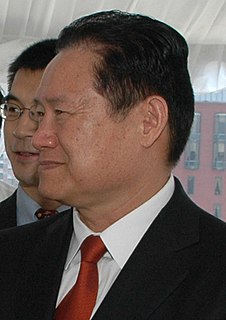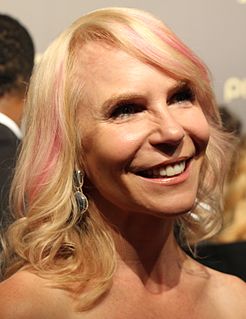Ein Zitat von Donald Miller
Großartige Autoren wissen, worauf sie verzichten müssen. Im Leben ist es genauso. Klare Ambitionen. Klare Beziehungen. Das ist der Stoff für eine gute Geschichte.
Verwandte Zitate
Egal wie klar die Dinge im Wald der Geschichten auch sein mögen, es gab nie eine eindeutige Lösung, wie es in der Mathematik der Fall war. Die Rolle einer Geschichte bestand im weitesten Sinne darin, ein Problem in eine andere Form zu übertragen. Abhängig von der Art und Richtung des Problems kann in der Erzählung eine Lösung vorgeschlagen werden. Tengo würde mit dieser Lösung in die reale Welt zurückkehren. Es war wie ein Stück Papier mit dem unleserlichen Text eines Zauberspruchs. Es diente keinem unmittelbaren praktischen Zweck, enthielt aber eine Möglichkeit.
Ich denke, ob Sie Richter an meinem Gericht sind oder ob Sie Richter an einem Berufungsgericht oder einem anderen Gericht sind, und auch Anwälte – und wenn Sie sich selbst für Jura interessieren, werden Sie in der gleichen Situation sein – Sie haben es ein Text, der nicht klar ist. Wenn der Text klar ist, folgen Sie dem Text. Wenn der Text nicht klar ist, müssen Sie herausfinden, was er bedeutet. Und das erfordert Kontext.
Klarheit ist das Wichtigste. Ich kann die Klarheit mit dem Beschneiden im Garten vergleichen. Wissen Sie, Sie müssen klar sein. Wenn Sie sich nicht im Klaren sind, wird nichts passieren. Du musst klar sein. Dann müssen Sie sich Ihrer Vision sicher sein. Und danach muss man einfach viel Arbeit reinstecken.
Manchmal gibt es dieses Gleichgewicht: Wenn Sie versuchen, 10 Dinge zu klären, werden Sie wahrscheinlich Glück haben und in der Lage sein, die meisten davon oder alle zu klären; Versuchen Sie, 20 Dinge zu klären. Meiner Meinung nach wird es mindestens ein Problem geben, vielleicht zwei – und dann fängt es an, Dinge neu aufzunehmen, oder Sie müssen den Song entfernen.
Obwohl Donald Trump keine systematische Ideologie hat, hat er doch ein Narrativ, und in diesem Narrativ war Amerika einst ein großartiges Land, es wurde durch schlechte Führung geschwächt, und nur er kann es durch die Machtübernahme wieder großartig machen. Und das ist ein Bild von ihm selbst als starker Mann, als Diktator. Es ist nicht die klare Ideologie, ein Faschist oder eine andere eindeutig ideologische Figur zu sein. Es ist vielmehr eine Erzählung von ihm selbst als einzigartig und allmächtig. Er glaubt es, obwohl ich sicher bin, dass er daran Zweifel hat.



































